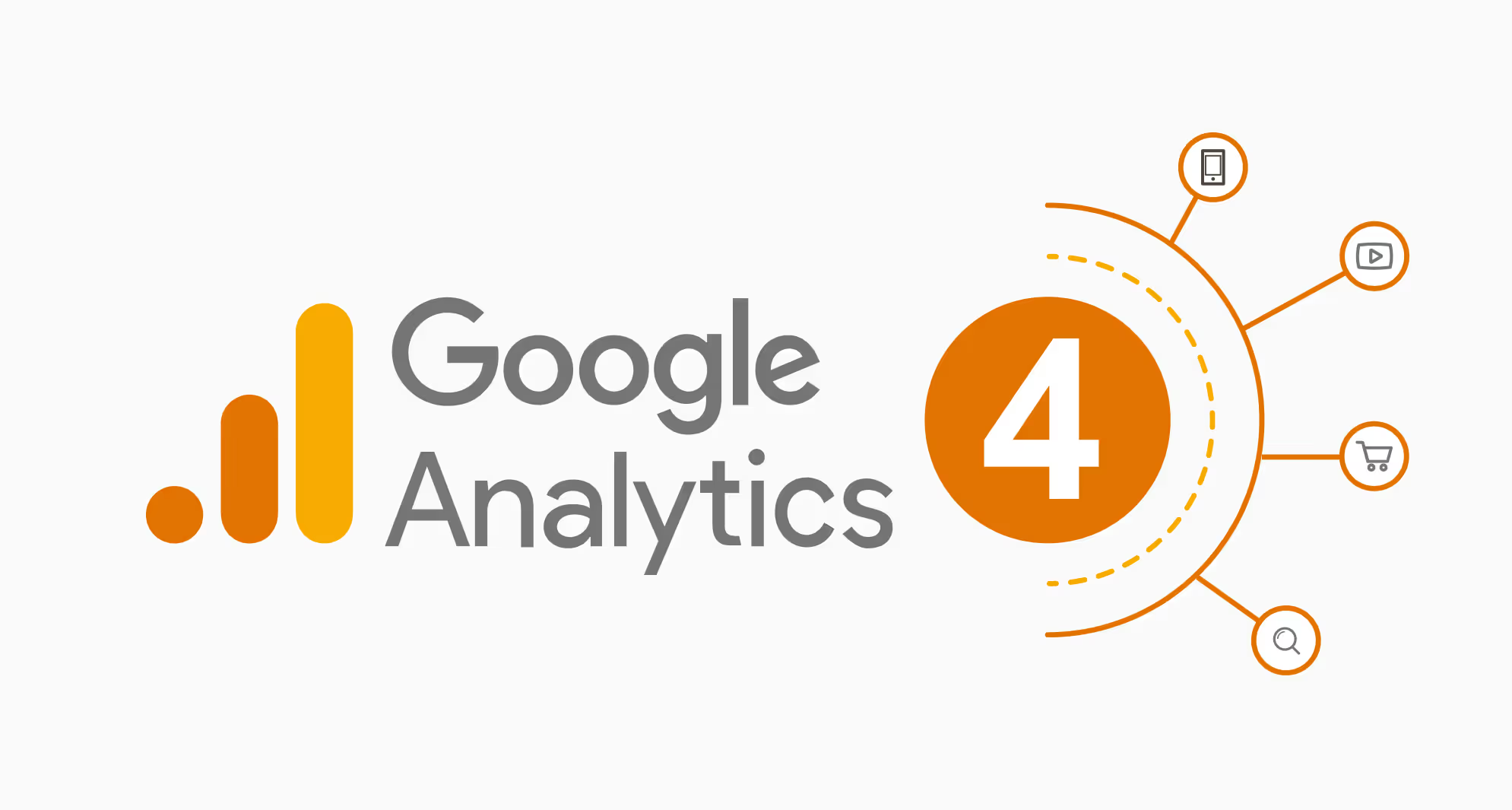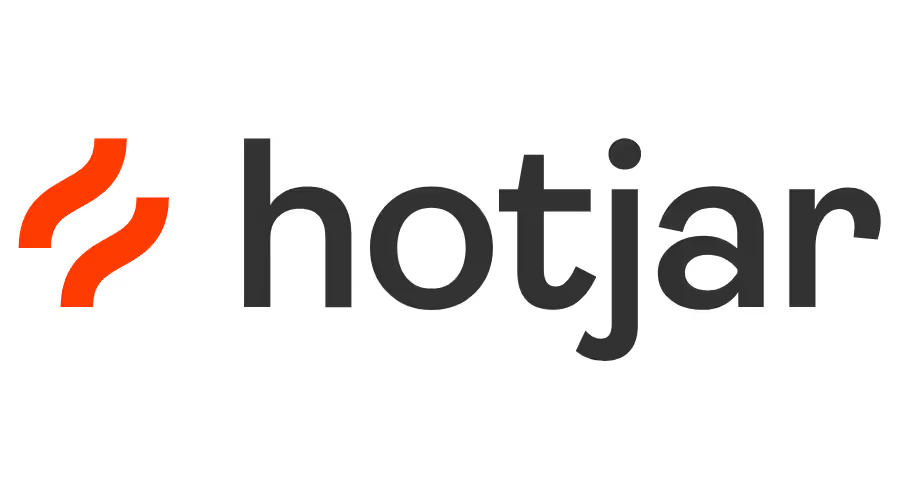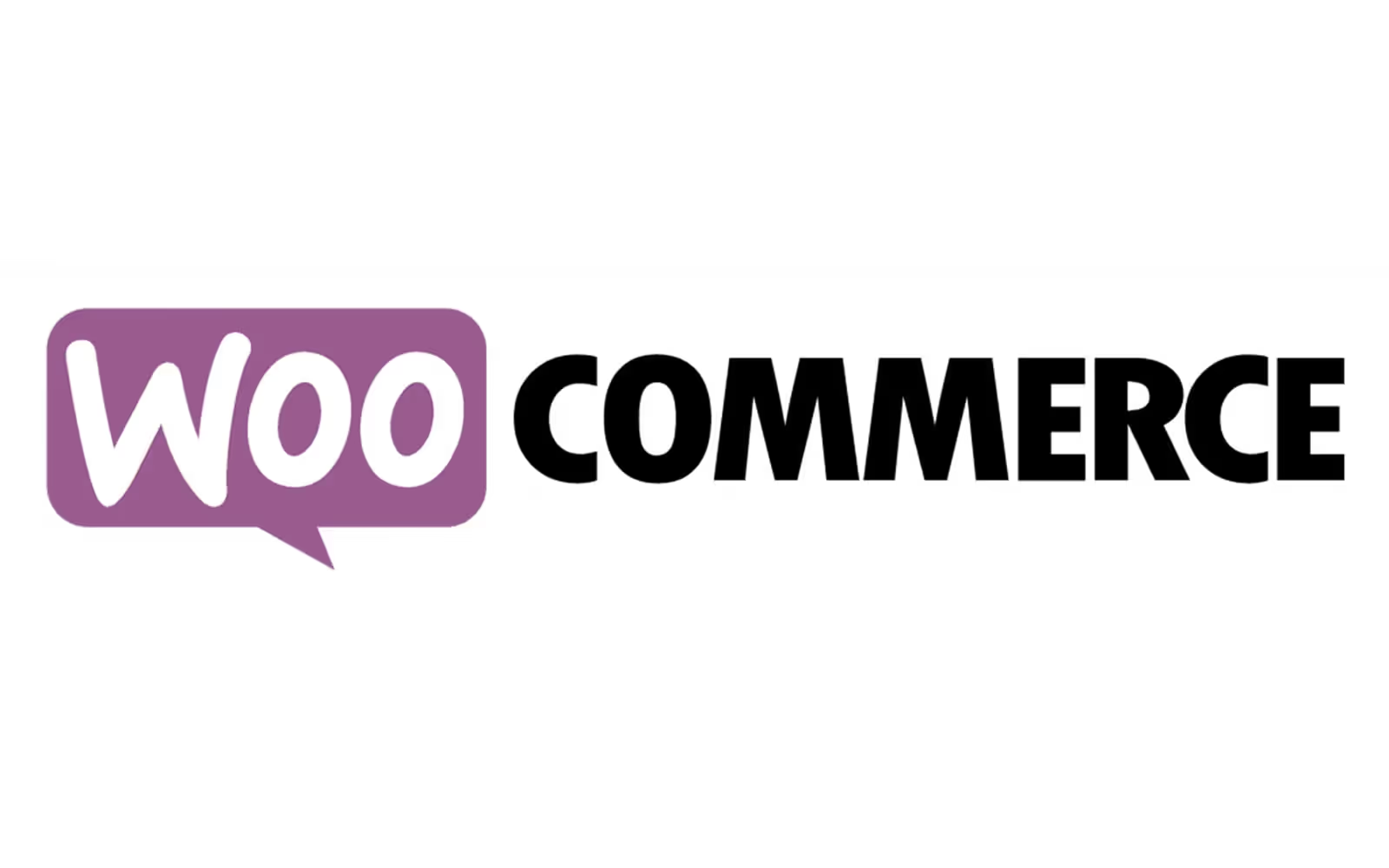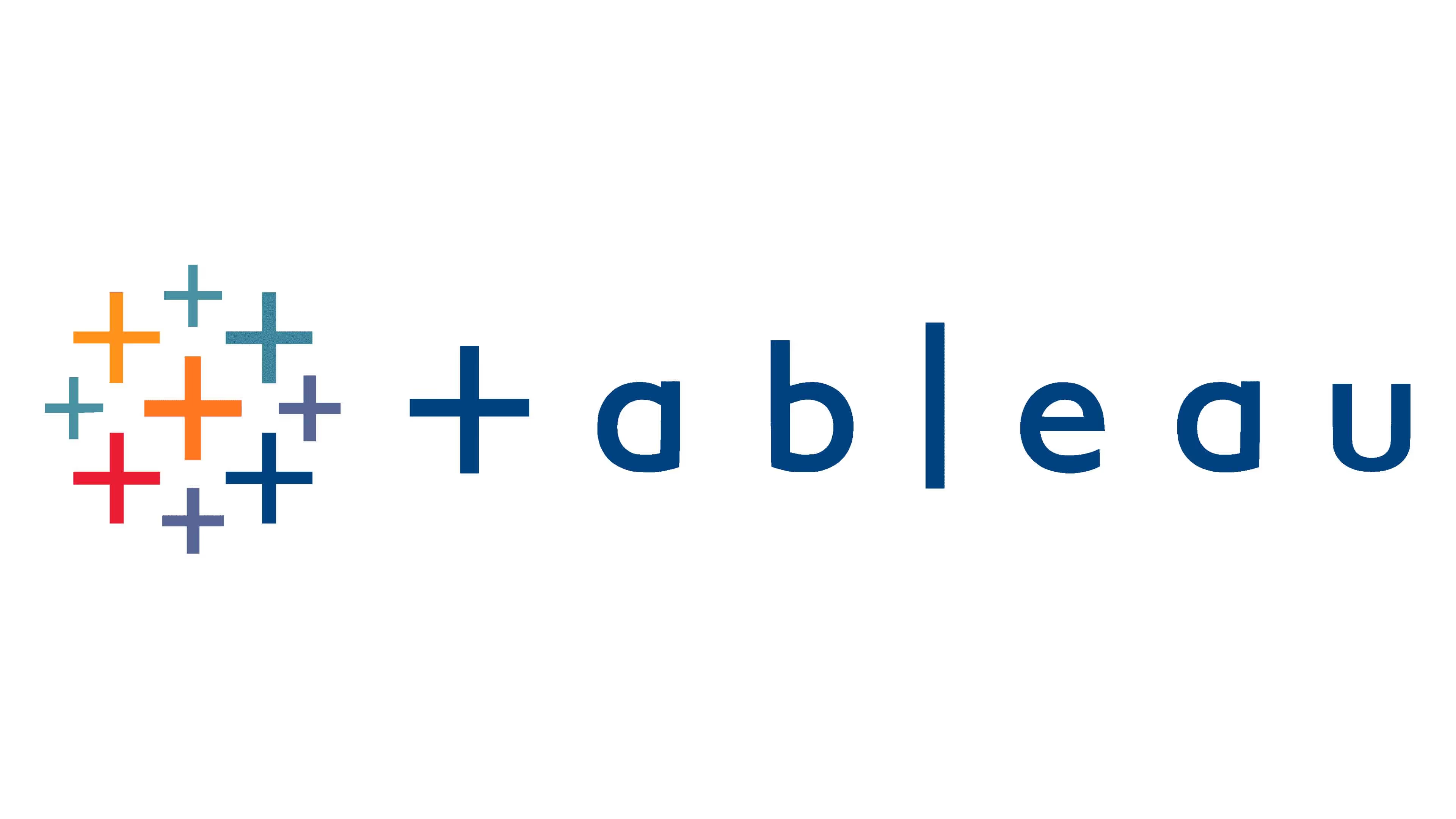
Discover 10 user-friendly ecommerce analytics tools to grow your store. Track customer behavior, improve decision-making, and boost sales with ease.
Understanding your data has never been more critical to ecommerce success. The right analytics tools not only help you uncover valuable insights about your business but also empower you to make smarter decisions, enhance customer experiences, and ultimately, boost your revenue.
Whether you're just starting with ecommerce data or looking to upgrade your tech stack, we've rounded up 10 reliable ecommerce analytics tools to suit every budget and need. From tracking customer behavior to identifying emerging trends, these tools are your gateway to optimizing and scaling your online store.
Here’s how you can take your ecommerce game to the next level.
Data-driven decision-making is proving to be more than just a trend. According to studies, adopting data analytics can improve operational productivity by 63% and increase efficiency by as much as 80%. For ecommerce businesses, actionable analytics is the key to staying competitive in an increasingly saturated market.
Why does this matter? Every interaction, product search, and abandoned cart is a piece of the puzzle. When you can assemble this puzzle using a powerful tool that offers comprehensive analytics solutions—including features like keyword research, backlink analysis, and AI integration—you’re better equipped to understand your customers’ needs, fine-tune your inventory, and refine your marketing strategies.
The question is, which tools should you use? Below, we explore eight standout ecommerce analytics tools that deliver actionable insights and unparalleled usability.

Darwin is an AI-powered analytics platform that empowers ecommerce businesses of all sizes to make data-driven decisions. With its powerful team of data analysts and engineers, Darwin delivers comprehensive insights and actionable recommendations. Darwin also supports the development of custom apps that integrate directly with its analytics platform, enabling users to extend functionality and connect with various data sources through tailored solutions.
The company helps businesses transform data by providing robust tools for data cleaning, integration, and conversion before analysis. Additionally, Darwin offers advanced business intelligence features, including data modeling, automation, and AI integration, to support both technical and non-technical users in extracting valuable insights.

Overview: Google Analytics is a classic in the world of data analysis. With the introduction of GA4, it’s more intuitive and ecommerce-focused. As a leading digital analytics platform for ecommerce businesses, GA4 provides powerful tracking capabilities for user behavior, campaign performance, conversion rates, and more. GA4 allows users to track events to monitor user interactions and conversions in real time. It also excels at visualizing data through interactive reports and dashboards, making it easier to interpret trends and optimize strategies.
Key Features:
Best For: Businesses of all sizes looking for a free yet powerful analytics tool.

Overview: Known for its unique heatmap and session recording features, Hotjar gives you a clear picture of how users interact with your website. Hotjar's features are designed to respect user privacy while capturing valuable behavioral data. Want to know why your visitors aren’t making it to checkout? This tool can help you uncover the bottlenecks. Hotjar also excels at collecting qualitative data through feedback forms, surveys, and heatmaps, providing insights that go beyond just numbers.
Key Features:
Best For: Ecommerce businesses striving to improve website UX and conversion rates.

Overview: Built directly into Shopify, this tool is perfect for tracking sales, order value, and customer retention. Shopify Analytics helps businesses analyze company data, including sales and operational metrics, to support strategic decision-making. It also collects and analyzes customer data, allowing businesses to improve marketing and retention strategies. Additionally, the platform enables segmentation and analysis at the level of individual customers, helping businesses understand and target their clients more effectively. The analytics dashboard is straightforward, making it ideal for beginners.
Key Features:
Imagine noticing a drop in repeat customers. Shopify Analytics might reveal that your existing customers are not engaging with new products. Armed with this insight, you can create marketing campaigns tailored to them.
Best For: Shopify store owners who want built-in analytics capabilities.

Overview: Like Shopify Analytics, this tool is tailored for WooCommerce stores. It integrates seamlessly and brings insightful data directly to your WordPress dashboard. WooCommerce Analytics is one of the essential data analysis tools for ecommerce businesses using WordPress, providing robust reporting and actionable insights. It also integrates seamlessly with a wide range of WordPress plugins to extend its functionality.
Key Features:
Suppose you notice a high bounce rate on a specific product page. Using WooCommerce analytics, you determine that the price might be deterring customers. Armed with this info, you can experiment with discounts or bundling strategies.
Best For: WordPress users managing WooCommerce stores.

Overview: Mixpanel specializes in tracking user behavior within apps or on your website. It uses machine learning to personalize experiences for individual users based on their behavior, helping to increase engagement and conversion rates. Mixpanel is also a preferred tool for data analysts seeking to optimize user journeys and conversion rates. It shines in providing funnel reports, retention analysis, and A/B testing capabilities.
Key Features:
Through Mixpanel, you may discover that users drop out during the payment process. Armed with this insight, you could redesign your checkout flow to streamline the experience.
Best For: Stores looking to optimize customer journeys.
.avif)
Overview: Woopra is built for real-time analytics and is particularly adept at tracking the entire customer experience across multiple touchpoints, allowing businesses to optimize user experience by leveraging customer data.
Key Features:
Best For: Enterprise-level businesses seeking a customer-centric analytics solution.

Overview: Kissmetrics offers powerful analytics designed for ecommerce businesses. From customer acquisition to lifetime value, it places a strong focus on customer behavior. Kissmetrics also provides robust marketing analytics to help businesses measure campaign performance and optimize user engagement.
Key Features:
Kissmetrics might reveal that customers buying one product tend to buy a specific complementary product. This insight allows you to create strategic product bundles.
Best For: Businesses focused on customer retention and building loyalty.

Overview: Glew combines advanced ecommerce insights with financial analysis. It analyzes quantitative data such as sales figures, traffic metrics, and engagement levels to provide actionable insights. Glew functions as a business intelligence platform by integrating data from multiple sources for comprehensive analysis, giving users a clearer picture of profitability.
Key Features:
With Glew, you might discover your most profitable products or customers, allowing you to double down on these high-value areas.
Best For: Ecommerce businesses looking for profit-oriented insights.

Overview: Tableau is a powerful data visualization tool that helps businesses transform raw data into actionable insights with ease. Its drag-and-drop interface allows users to build interactive dashboards and reports without requiring extensive technical expertise or advanced programming skills and coding knowledge, making it accessible to a wide range of users. Tableau enables the creation of dynamic data visualizations that make complex data more accessible and understandable. It offers seamless integration with a variety of data sources, including spreadsheets, cloud services, large databases, and data warehouse solutions, providing a centralized repository for analytics.
Tableau also supports connections to multiple data warehouses for comprehensive data analysis.
With advanced analytics capabilities such as customizable dashboards and behavioral data integration, Tableau empowers users to gain deeper insights and optimize performance. Compared to Power BI and Microsoft Power BI, Tableau stands out for its strengths in business intelligence and data visualization, offering robust tools for both technical and non-technical users.
Key Features:
With Tableau, you can track key performance indicators (KPIs) in real time, enabling your team to make data-driven decisions and monitor progress effectively. For instance, users can quickly identify trends in sales performance or operational efficiency.
Best For: Organizations requiring intuitive yet robust visualization tools to improve decision-making and cross-departmental collaboration.
While all the popular tools offer incredible value, your business deserves more than off-the-shelf metrics. You need a solution tailored to your specific goals — one that doesn't just report numbers but drives action.
Darwin's custom analytics solutions take things a step further by offering personalized insights and strategic support that align with your business objectives.
As Dean Abbott, Co-founder and Chief Data Scientist at SmarterHQ, puts it:
“No data is clean, but most is useful.”
And that's the truth. The real challenge — and opportunity — lies in identifying the useful and applying it meaningfully to guide your decisions.
Or as Radi, a data analyst at CENTOGENE, puts it even more directly:
“Data analytics is the future, and the future is NOW! Every mouse click, keyboard button press, swipe or tap is used to shape business decisions. Everything is about data these days. Data is information, and information is power.”
So don’t just keep up with trends — set them. With the right analytics strategy, your ecommerce brand can move from reactive to predictive, from surface-level metrics to deep, revenue-driving insights.